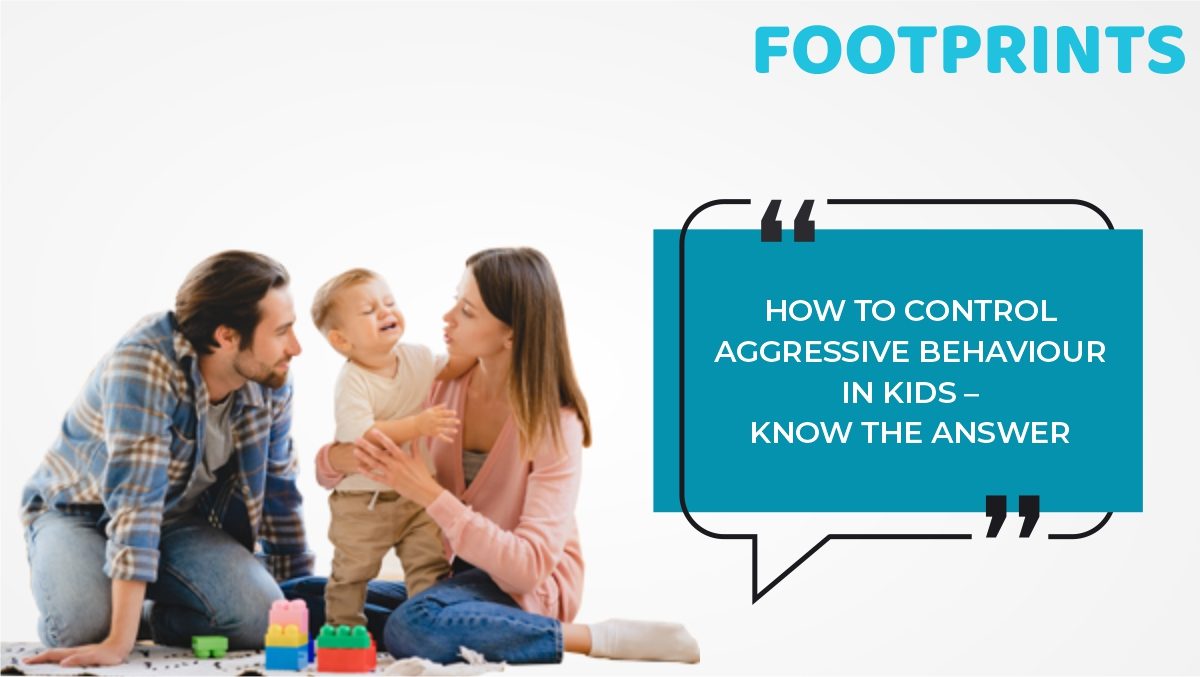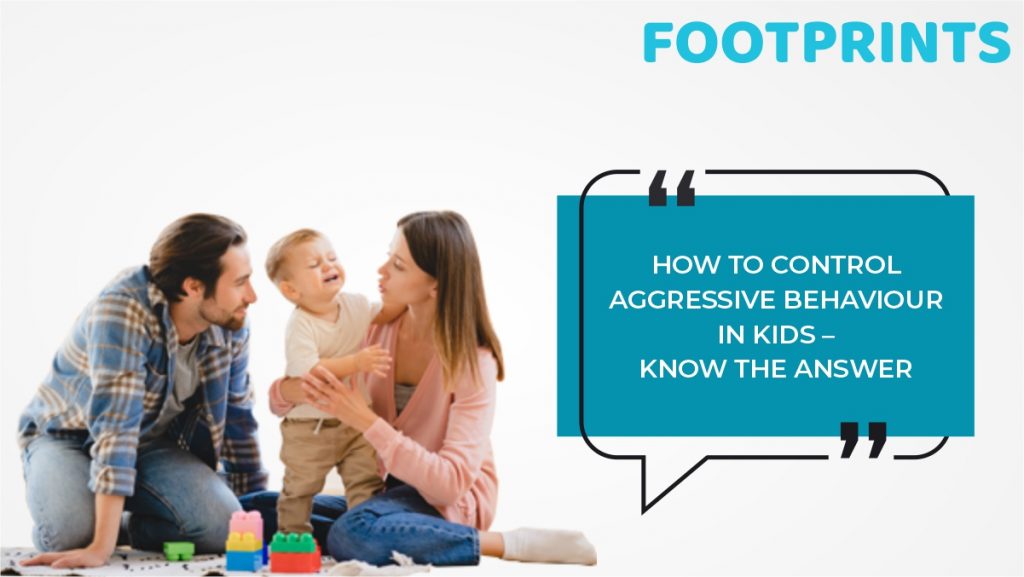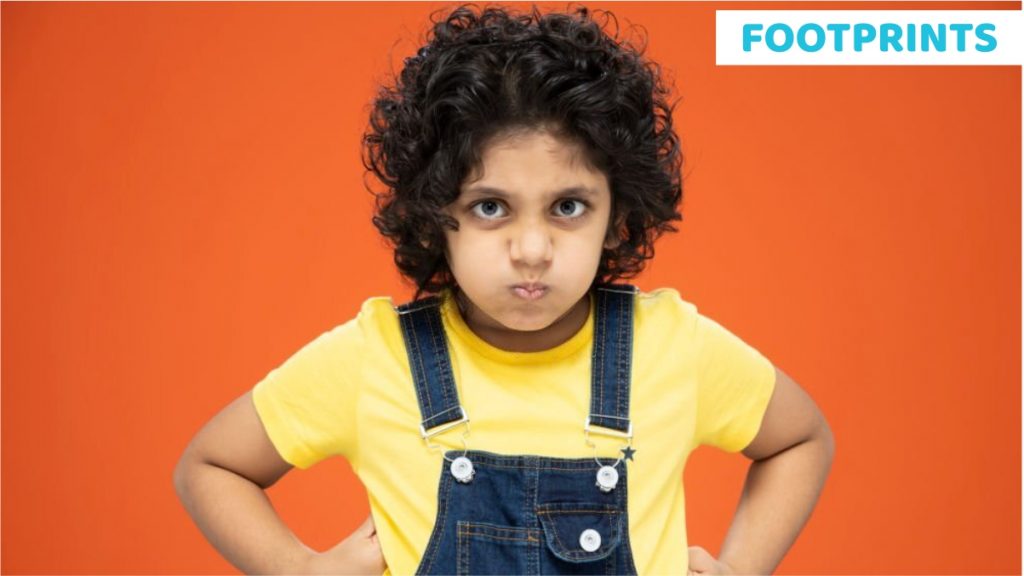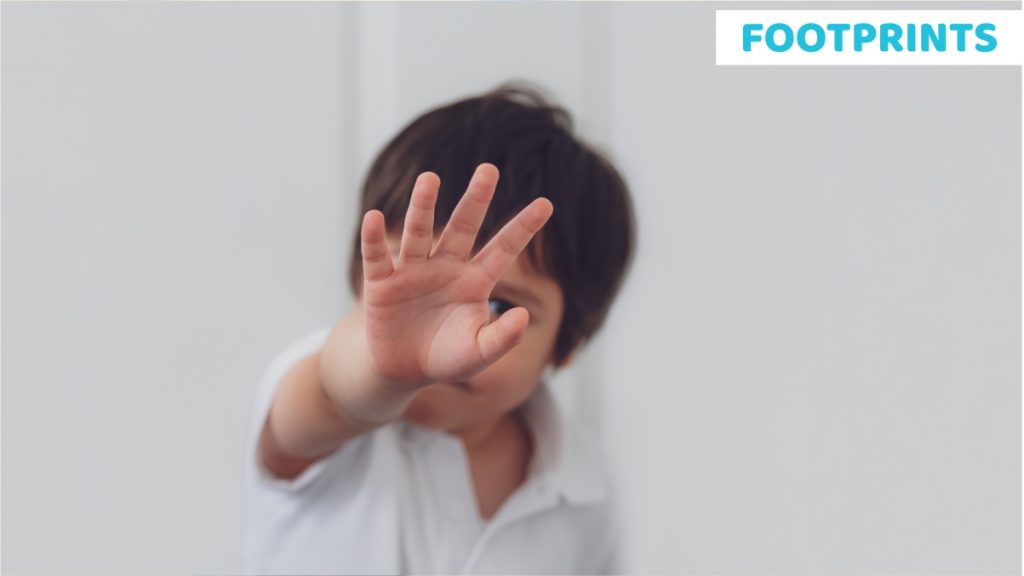

Have you been feeling lately that your kid is having anger issues? Or is it that your child has been throwing temper tantrums at daycare? If the answer is yes and you are worried about how to control anger in kids, then relax because you are not the only one going through it. Most parents have dealt with a fair share of freakouts, meltdowns, or tantrums, and it is perfectly normal for a kid to show these behaviors while growing up.
Regulating emotions is a skill one can learn with time, and it takes time to master self-control. But what do you do when this behavior goes out of hand? How do you deal with it, then? Well, in this article, we will try to answer the question of how to control anger in kids. So, if you are interested in knowing more, just keep reading.
Why Is Your Toddler Showing Aggressive Behavior, And Should You Worry?
Aggressive behavior among preschoolers is a natural expression of their frustration which originates due to the rapid growth of kids during this phase. Kids between the ages of 18 months to 4 years are starting to have their own opinion, and because their language skills aren’t that advanced, they find it difficult to express themselves. So, a 4-year old aggressive behavior at school can be considered typical that is until, and unless it ends up being a regular thing at daycare.
By the time your kid gets older and develops the proper communication skills, their aggression tapers off. But, in case, that isn’t happening, then it might be a matter of concern, especially if your little one is putting himself or others in harm’s way regularly or damaging property.

Tips To Help with Anger Management for Kids
It will take some time for your kid to be able to be more self-regulating, but before that happens, you, as a parent, have to help to de-escalate and prevent any aggressive tendencies. Below are mentioned some tips that will help you understand how to control aggressive behavior in your little one:
• As a parent, it is difficult to keep calm in the face of your child’s aggression. But staying calm will help diffuse the situation and in turn, help your kid calm down too.
• Encourage your kid’s good behavior, and let them know you have noticed it and how proud you are of them. Remember, encouragement helps reinforce good behavior and cultivate it in the long run. But there’s one thing you need to keep in mind – do not get in the habit of giving them treats every time they behave well.
• Children don’t know at this age to express themselves properly, and this becomes one of the major causes of aggression. In this case, helping your kids understand and name their emotions not only helps validate their emotions but also encourages them to express them with words instead of actions.
• It’s important as parents to observe your children and try to understand when it’s more likely for them to lash out. This way, you can easily prevent it by giving them warnings before these aggressive transitions.
• Make a habit of collaborating with your little one to create those goals and set rewards for the right behavior. Just make sure these rewards aren’t material ones; instead, as a reward, let them choose a movie for movie night or let them choose their favorite park to visit as a special outing with their parents.

Causes Of Aggressive Behavior in Kids
Multiple underlying issues are capable of causing various types of aggression in kids. These issues are particularly noticeable once kids grow a little older and can now express themselves verbally. Below are mentioned some of these causes:
• Psychosis like schizophrenia
• Being extremely impulsive, which usually occurs in kids suffering from ADHD
• Sudden mood fluctuations like bipolar disorder
• Misconducting frequently, which is usually marked by aggressive behavior
• Certain kinds of epilepsy or damage and injuries to the brain’s frontal lobe
• Severe trauma is generally caused by some outside events or circumstances
In case, your child is suffering from any of the issues mentioned above, you will have to be more patient and understanding toward them. Remember, these issues are not in their control, and as much anger management for kids is important. Being too harsh or trying to discipline and punish your little ones unfairly is just going to end up hurting them more.
If your child has been displaying aggressive behavior regularly for more than a week, then without any delay, consult your pediatrician. Also, don’t feel ashamed of seeking help from friends and family at times like these, especially if you are finding it extremely difficult to cope with such behavior alone.
In the end, always remember the best way to avoid aggressive behavior in kids is by giving your little one a secure and stable home life with loving yet firm discipline and full-time care and supervision during their toddler as well as preschool years.

Purvesh is a multidimensional leader at Footprints Childcare. As a TED speaker and IIT-Delhi alumnus, his passion for education is fueled by his experiences as a certified life coach and parent. He goes beyond traditional parent engagement activities, creating meaningful connections through insightful parenting workshops and open communication channels. Purvesh’s commitment to empowering parents, teachers, and students is the foundation of everything we do at Footprints. What motivates Purvesh? As a parent himself, the challenges his son faces in the educational system are the driving force for him.

